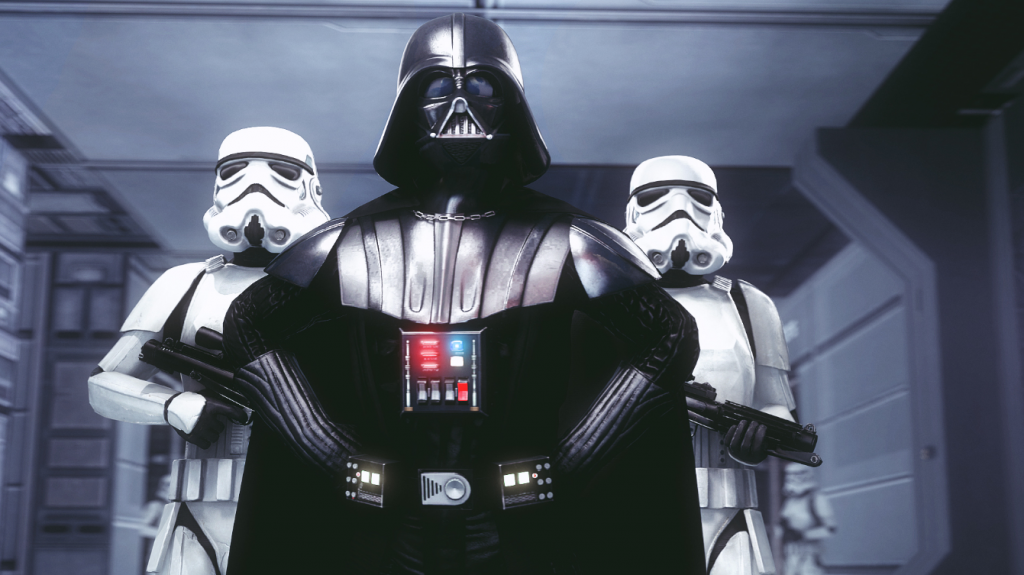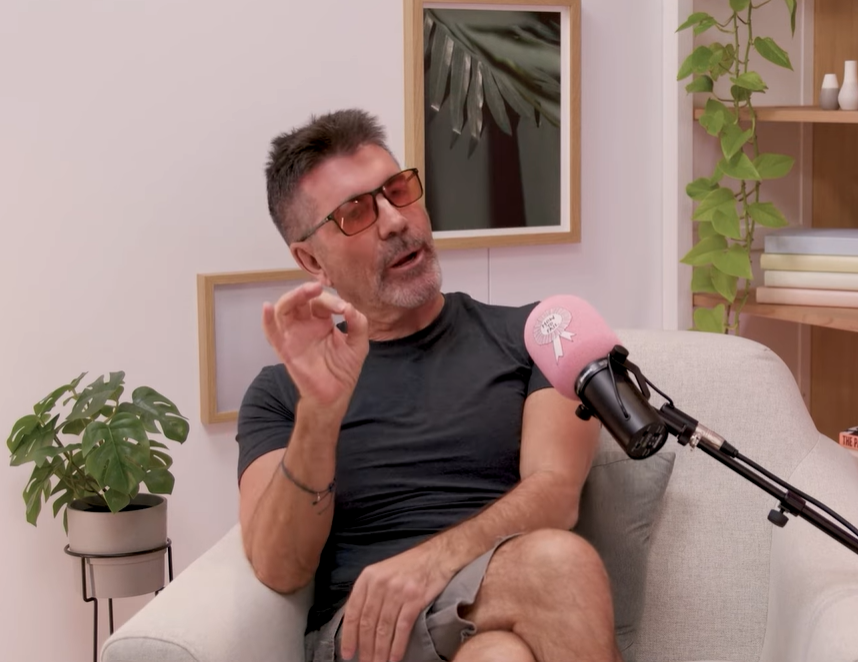It seems the digital generation gap has found a new battleground: the humble thumbs-up emoji. Gen Z, those tech-savvy individuals born between the late 1990s and early 2010s, have declared this seemingly innocuous symbol as the new digital faux pas, branding it as ‘passive-aggressive’ and, dare we say, a bit passé.
Imagine being in a world where a simple thumbs-up – the universal sign of approval and agreement – is now seen as a digital cold shoulder. This shift in emoji etiquette has sparked a debate across various age groups, with many scratching their heads or, more fittingly, twiddling their thumbs, wondering when the rules changed.
The controversy came to light when a young professional turned to Reddit to voice their unease with the frequent use of the thumbs-up emoji in workplace communications. They observed that while their colleagues liberally used the emoji on Microsoft Teams, it left them feeling a bit uneasy, likening it to a non-verbal brush-off.
Responses to the post were a mixed bag, with some echoing the sentiment that the thumbs-up emoji could indeed come off as dismissive or, at the very least, unenthusiastic. Others, particularly those from older generations, were baffled, viewing the emoji as a straightforward, positive response – a digital nod of acknowledgment.
One commenter noted a generational divide, observing that younger colleagues refrained from using the thumbs-up, while Gen Xers employed it liberally, indicating a possible cultural shift in digital communication norms. Another user suggested that context matters, as a thumbs-up in response to a casual chat feels different than receiving one after pouring your heart out in a text.
Yet, not everyone sees the emoji as contentious. Some argue it’s a clear-cut way to signal agreement or acknowledgment without the need for a lengthy response. They question how a symbol that’s essentially the digital equivalent of saying “okay” or “got it” can be construed as aggressive, passive or otherwise.
This emoji debate even caught the attention of Fox News host Emily Compagno, who, in a segment, dismissed the idea of changing her digital habits to appease the younger generation’s communication preferences, humorously noting she won’t tiptoe around emoji usage.
So, is the thumbs-up emoji a digital thumbs down for interpersonal communication? It seems the jury is still out, with opinions divided along generational lines. Whether it’s a sign of agreement, a subtle snub, or merely a quick reply, this tiny symbol has sparked a surprisingly large debate, highlighting how even the smallest gestures can carry a multitude of meanings in our connected world.




